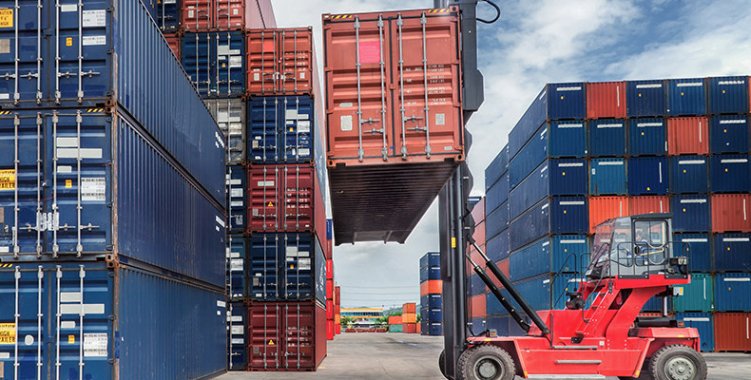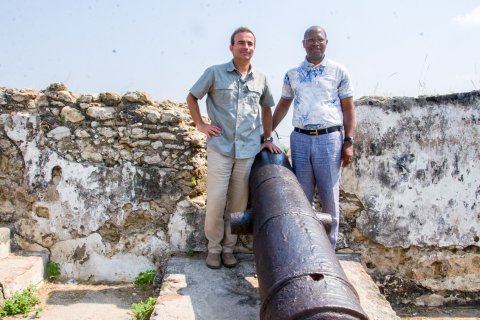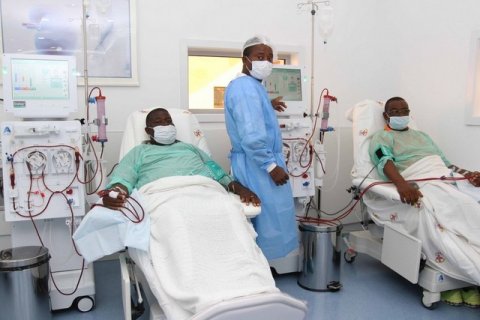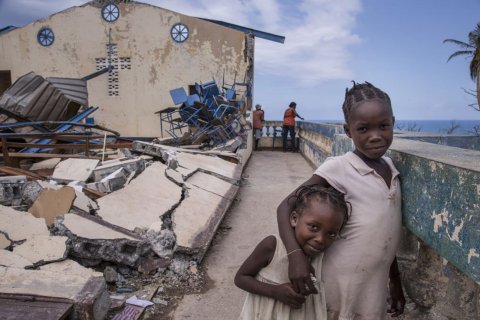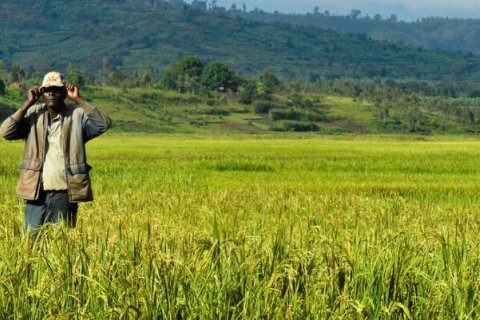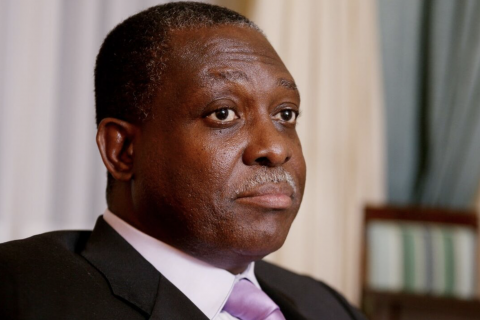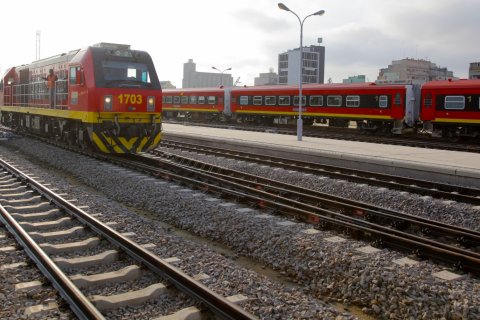Once operational, this zone would also have a significant effect on trade between Africa and the rest of the world, with a 29 percent increase in exports and a 7 percent increase in imports.
The consequence would be an increase of "more than 10 percent" in the real average Gross Domestic Product (GDP) per capita, the report also says.
The agreement for the creation of the AfCFTA provides for the gradual elimination of almost all customs duties over five years for the most developed countries and over ten years for the rest.
The agreement has already been signed by all African countries, with the exception of Eritrea, and has been ratified by the vast majority, in particular, the continent's main economies, such as South Africa, Algeria, Egypt, Kenya and Nigeria.
Angola, Cape Verde, Equatorial Guinea and São Tomé and Príncipe are the Portuguese-speaking states that have also ratified the agreement.
Initially scheduled for July 1, 2020, the AfCFTA was postponed because of the pandemic and only came into operation on January 1, 2021.
However, the Fund stresses that to achieve this positive impact, African states will need to accompany the implementation of the agreement with a series of reforms.
"If the reduction of tariff and non-tariff barriers is accompanied by a significant improvement in the business climate, the gains for countries will be much higher", insists the report.
Without these reforms, the impact of the agreement will be less: simply reducing barriers and tariffs will allow trade between African countries to increase by only 15 percent, with a 1.25 percent rise in average real GDP per capita.
To take advantage of all opportunities, "it will be necessary to invest in physical and human capital, create a solid macroeconomic framework (...) and modernize the social protection system to support the most vulnerable during the transition phase", can also be read on the report.

